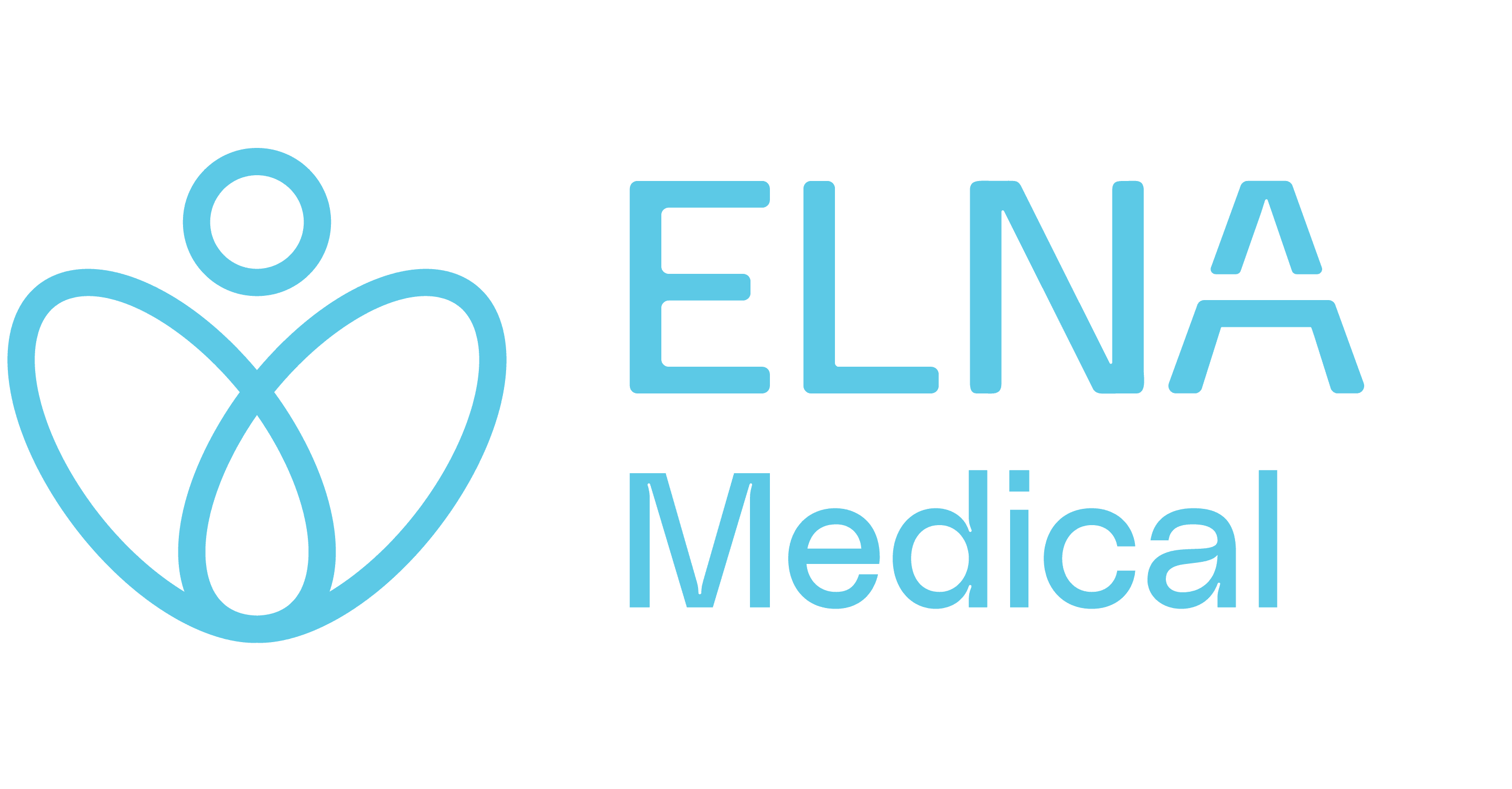Whether before, during or after pregnancy, the loss of a baby is a particularly difficult experience for parents, and sometimes even for those around them. Losing baby can cause deep pain and lead to big questions such as ‘Is it my fault? Why do I have to go through this? Why me and not others? How can I ever get over this? Is it still possible to have another happy pregnancy?’
These questions are normal, but can sometimes be too painful. If you’re feeling overwhelmed by these thoughts, this article will provide you with some answers and solutions.
What is perinatal bereavement?
Perinatal bereavement, or perinatal grief, generally refers to the grieving process experienced by parents in the face of the loss of a baby. However, we also include the grief experienced following the announcement of an impossibility to conceive a child1.
Before pregnancy
Perinatal bereavement can be experienced long before conception, due to infertility issues. Infertility is defined after 12 months of regular unprotected sex without pregnancy2. The desire to become a parent, combined with the inability to conceive a child naturally, can lead to a sense of loss and lack.
During pregnancy
A pregnant woman can experience different health problems causing the death of the embryo or fetus before birth. This includes the following:
- Miscarriage: When the fetus dies before reaching 20 weeks of gestation, often due to a chromosomal abnormality in the embryo. The cause of a miscarriage is often unknown.
- Stillbirth: When the fetus dies from 20 weeks of pregnancy, often due to a medical problem such as a malformation or illness.
- Induced abortion: When the pregnancy must be terminated for medical reasons (non-viability or major abnormality in the future baby) or for personal reasons.
Many people think that perinatal grief is easier to overcome before birth because the parents haven’t met their child. This mourning should not be made invisible, but taken as seriously as after birth.
After pregnancy
Perinatal bereavement extends for all parents who have experienced the death of their baby until the first year after childbirth.
It is important to emphasize that perinatal grief does not only concern the mother who carried the child. Both partners in the couple, whether men or women, can be affected in a profound way. Other relatives, such as family members, may need support.

Risk factors for difficult perinatal grief
Several factors can increase the risk of experiencing painful perinatal bereavement. Understanding these causes makes it possible to better anticipate support needs.
- History of mental health issues: If you’ve experienced anxiety, depression, or other psychological issues in the past, perinatal grief can exacerbate these mental health issues.
- Communication problems in the couple: The loss of a baby can make the relationship difficult, especially if one partner feels isolated or misunderstood. The lack of mutual support can complicate the grieving process.
- Single parenthood or lack of social support: The support of family and friends is essential in this harship. Isolation or pressure from loved ones to “turn the page” quickly can be very harmful.
- Cultural or societal stigma: Certain behaviours and attitudes increase feelings of shame, discouraging parents from seeking the support needed to overcome the ordeal.
- Multiple losses: Having suffered multiple miscarriages or having already lost a child increases the risk of experiencing a complicated grieving.
- Previous grief experience: If you’ve already experienced the loss of a loved one or have gone through a difficult time of grief, this can further complicate the management of perinatal loss.
- Circumstances of death: Sudden and unexpected loss, such as sudden death during pregnancy or at birth, can make grief more traumatic.
If you identify with these risk factors, be aware of the signs and symptoms that may occur and do not hesitate to discuss with an ELNA healthcare professional.

Signs and symptoms of perinatal bereavement
The five stages of grief – denial, anger, bargaining, depression and acceptance – are often experienced differently by each individual. However, they are a normal part of the healing process. But sometimes, perinatal grief can be accompanied by intense and painful emotions, heavily affecting parents’ mental health and well-being. The main signs to identify are:
- Sadness and emotional sensitivity: Frequent crying, feeling overwhelmed by pain, are natural responses to this loss.
- Shame, guilt, or feelings of failure: Parents, especially mothers who carried the baby, may feel responsible for the loss, even when it’s out of their control.
- Anxiety about a new pregnancy: Planning a new pregnancy after a loss can come with many fears, including another perinatal death.
- Denial of loss: Some parents may deny the loss, refusing to believe that their baby is gone.
- Physical sensations: Mothers may continue to experience physical symptoms related to pregnancy, such as the feeling that the baby is still moving.
- Feelings of loneliness: Perinatal grief can create a deep sense of isolation, with feelings of being abandoned by those who do not fully understand this pain.
- Anger and irritability: It is not uncommon to feel anger towards others or yourself, sometimes even towards your partner or people who have children.
- Sleep and appetite disorders: Insomnia, constant fatigue, loss of appetite or, on the contrary, a tendency to snack to compensate for emotional discomfort, are disorders sometimes experienced.
- Social isolation: Parents may avoid social gatherings, especially those with babies or children present, further isolating them.
- Tensions in the couple: Perinatal bereavement can create conflict in the couple, leading to decreased libido, frequent arguments, and fear of separation.
- Difficulties at work: Lack of interest in work activities, decreased concentration and fatigue are common signs observed at work.
- Jealousy of other parents: Seeing families with babies can rekindle the pain, making everyday life even more difficult.
- Self-destructive behaviours or suicidal thoughts: In the most severe cases, some parents may experience suicidal thoughts. If this happens to you, it is essential to contact a doctor immediately.
If you recognize some of these symptoms in yourself or a loved one, medical accompaniment and emotional support should be considered. Do not hesitate to consult a doctor if you have any questions.

Support and assistance for perinatal grief
If you recognize any of the risk factors or if you are experiencing any of the signs mentioned, don’t wait until you are at your worst to seek help. Health professionals can provide crucial support in this process when faced with the death of a fetus or baby.
Health professionals, whether doctors, psychologists, nurses or midwives, play a fundamental role in supporting parents in perinatal bereavement. Here are some of the ways they can help:
- Offer emotional support: Healthcare professionals are trained to listen without judgment and offer compassionate communication. They can help you better understand the stages of grief and support you in your healing process.
- Refer you to local resources: Whether it’s a support group, associations or individual support, our healthcare professionals can direct you to the best options in your area. Meeting other parents of babies who have died or who have experienced similar situations can help you understand how to overcome this ordeal.
- Educate about perinatal care: Receiving objective information about pregnancy, birth, childbirth, conception, alternative methods (such as adoption) or solutions for infertile people, can help you make informed decisions for the future.
- Appropriate medical care: Your healthcare provider can advise you on strategies to get better, such as psychotherapy, lifestyle changes or medication. Regular follow-up may be offered to ensure that you are moving forward on the road to recovery.
Finally, remember that grief is a unique process and there is no better way to deal with it. What matters is to be patient with yourself and to seek the necessary support.
Perinatal bereavement support on the South Shore
A family physician specializing in maternal mental health, Dr. Marie Ammerlaan provides caring support to couples going through perinatal loss in Brossard and Boucherville. She offers comprehensive perinatal services to support women at every stage, whether before, during or after pregnancy (fertility, pregnancy follow-up, perinatal anxiety, postpartum, perinatal bereavement, birth, etc.). Make an appointment to benefit from personalized support. Private services non covered by the RAMQ but by some private insurances.Sources | 1 : Canada Health – Loss and grief | 2 : WHO – Infertility | INSPQ – Décès et deuil périnatal















